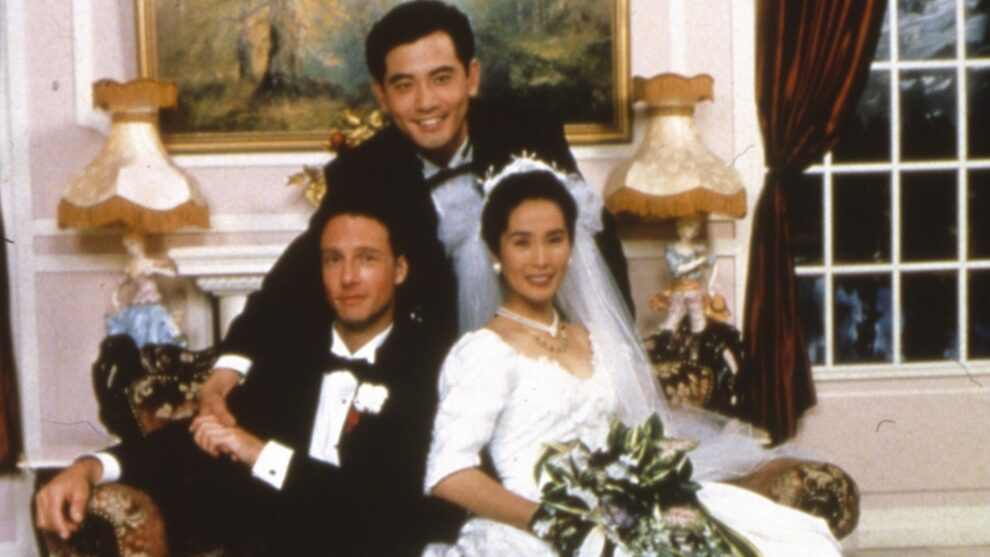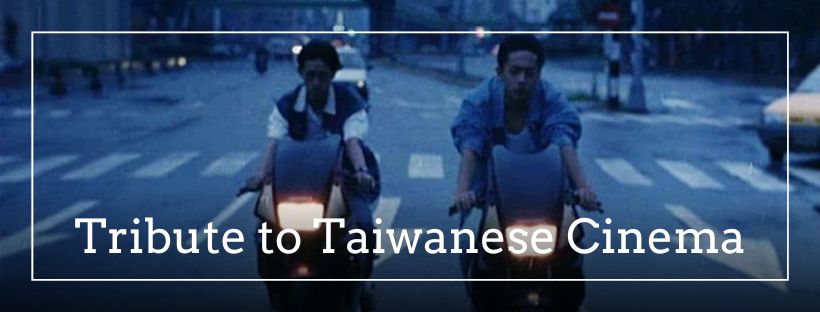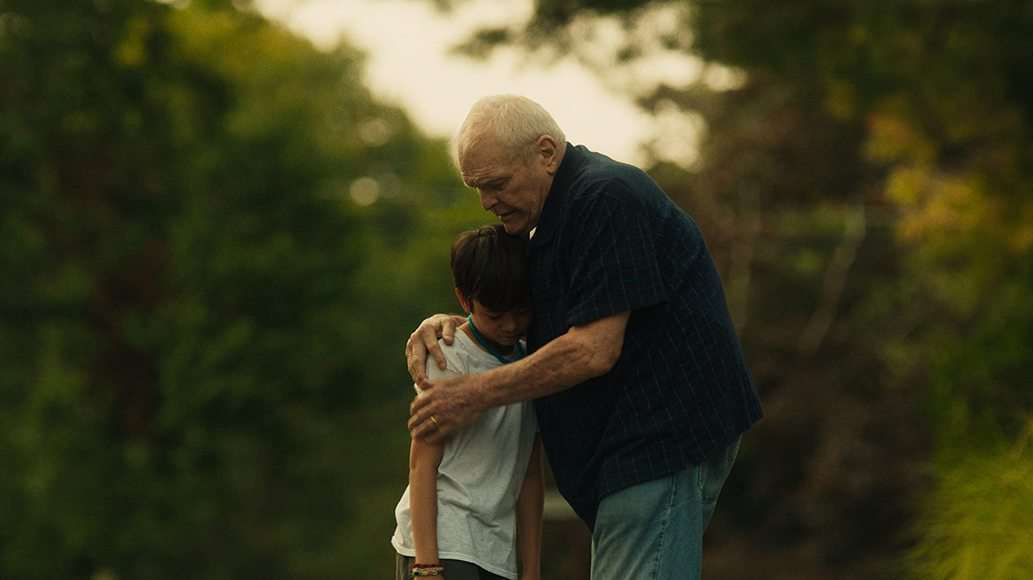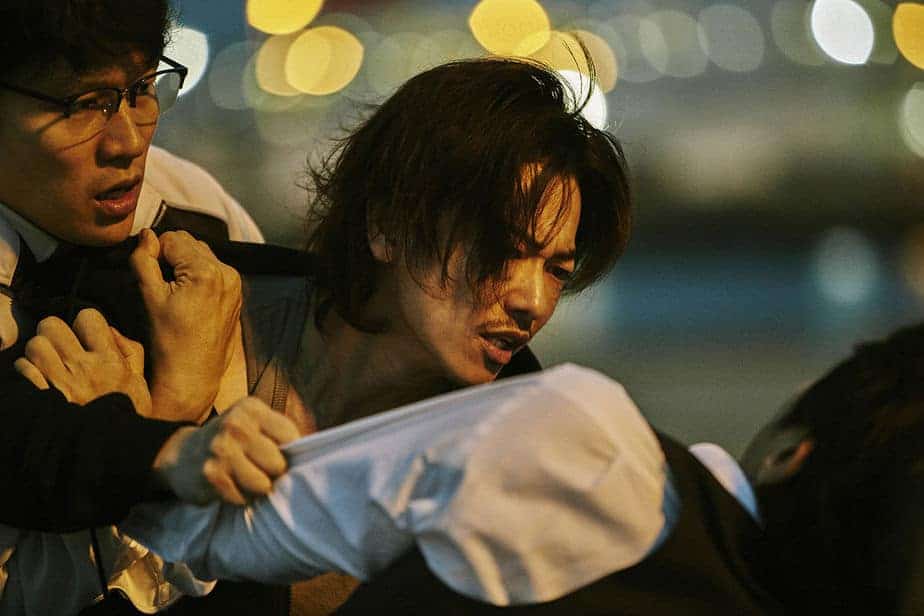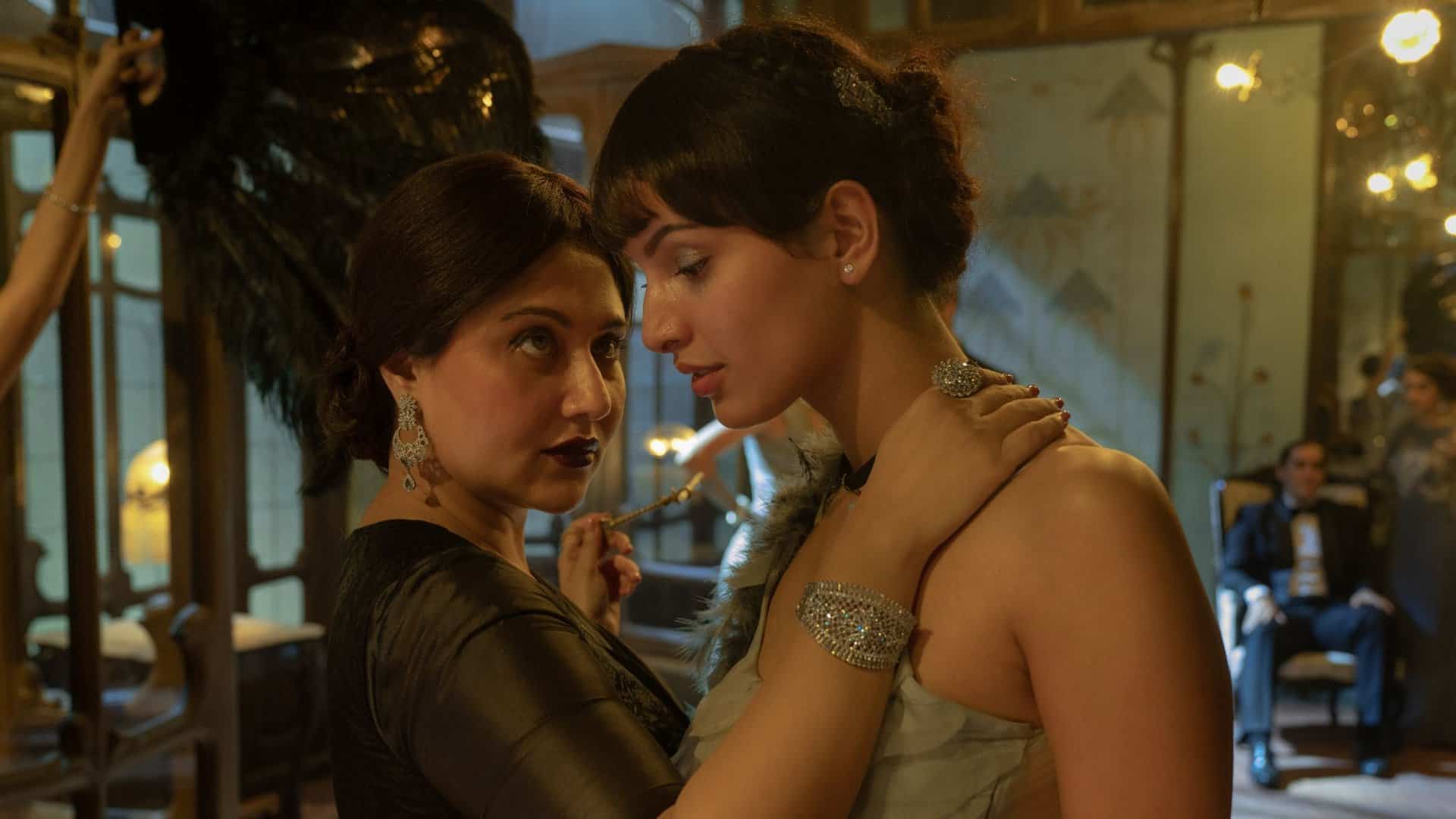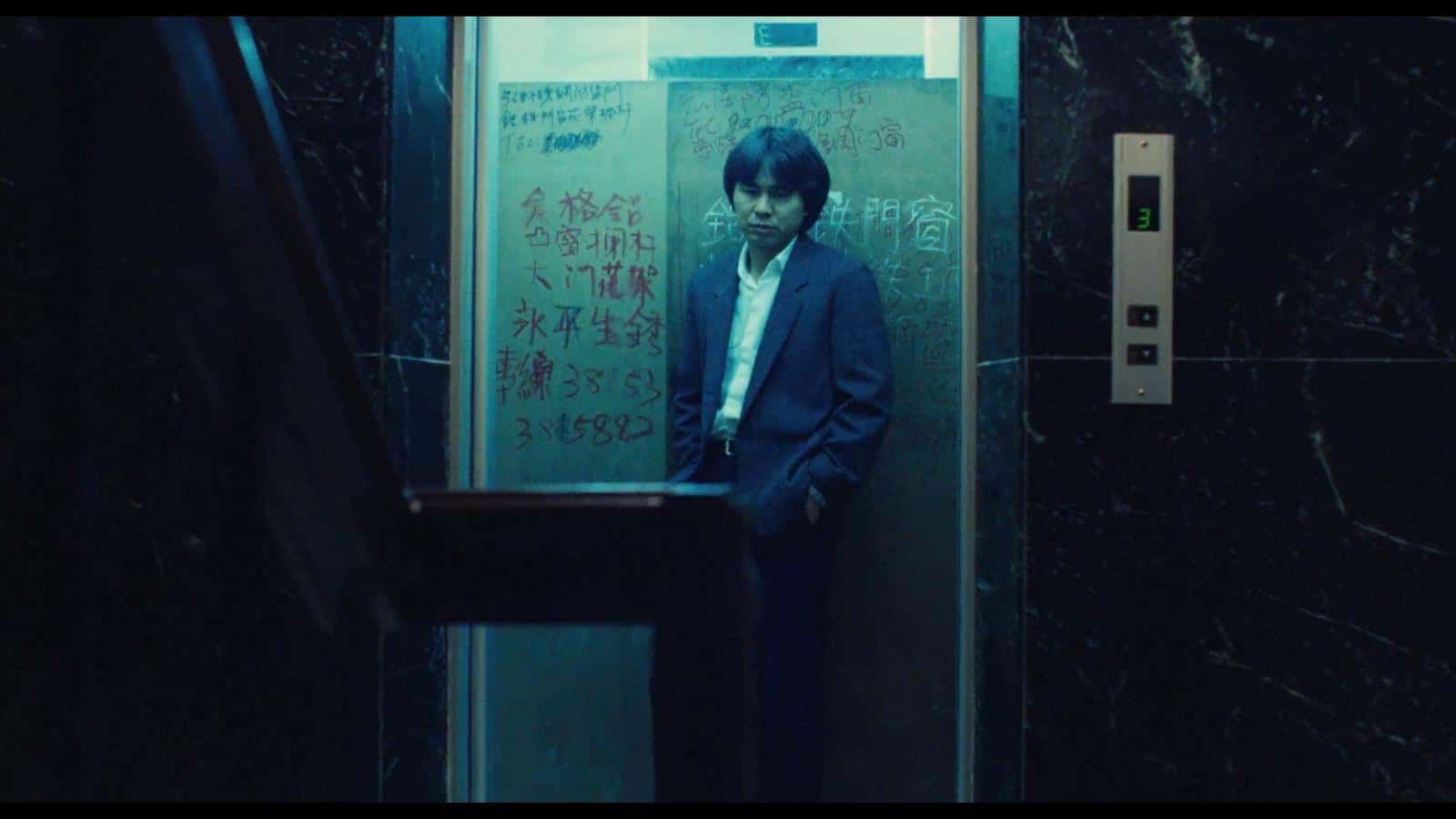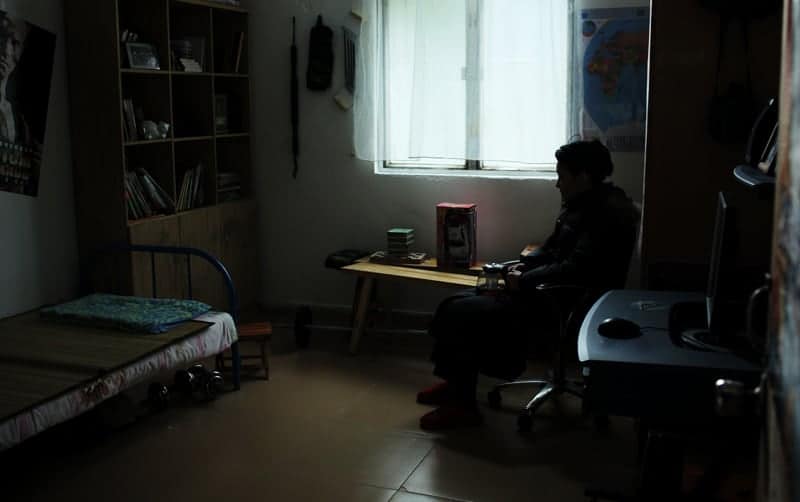In “Pushing Hands”, the first entry into his what would later be known as “Father Knows Best”-Trilogy, director Ang Lee had already explored the clash of Western and Eastern ideals. In this case, the main character, played by Lung Sihung (who plays the part of a father in every entry of the trilogy) has been living for quite some time in the US, without making any effort in trying to fit in, while at the same time attempting to preserve his Confucian views on life, character and the world in general. Since he had already finished the script for “The Wedding Banquet”, the second feature within the trilogy, this would be Lee's next project and the first one to be also released theatrically in the United States. This time, however, he would show a main character convinced he had evaded the traditions of his parents, until he can no longer hide from them.
The Wedding Banquet is screening at Vesoul International Film Festival of Asian Cinema
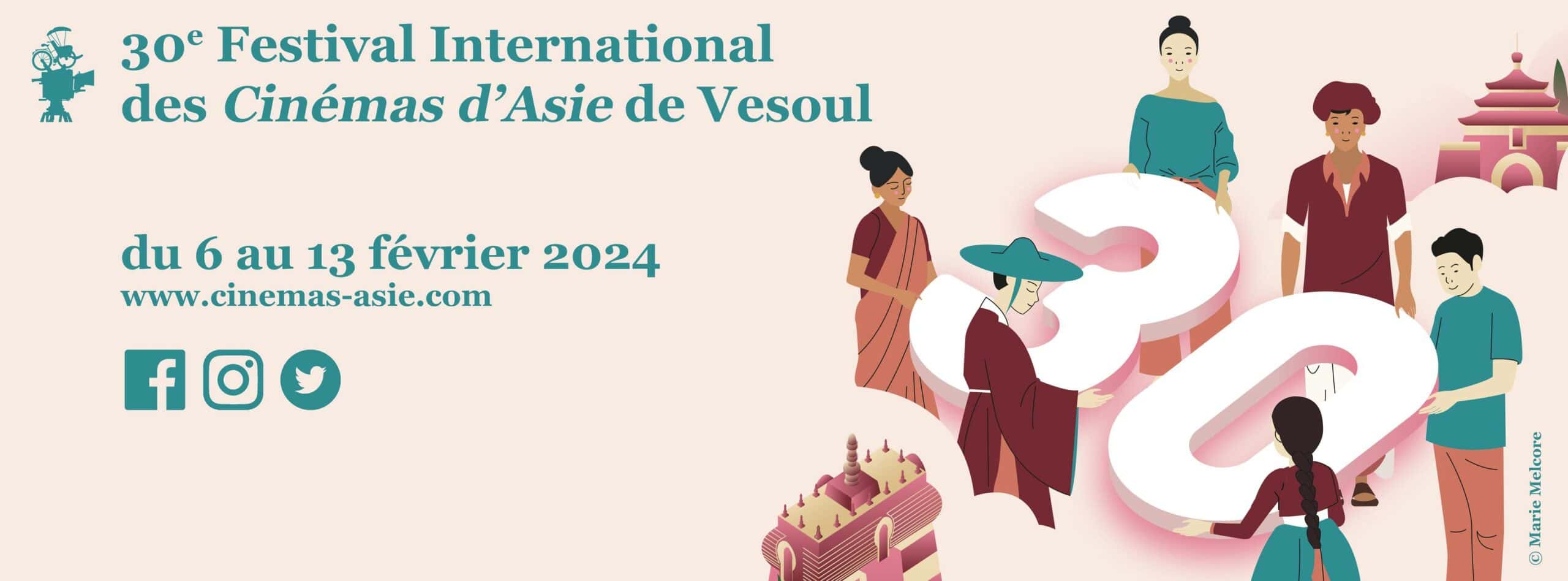
Gao Wai-Tung (Winston Chao) has been living in Manhattan for quite some time. After his graduation at an American university, he has managed to become a success as a real estate agent, who is on the brink of making his first million. He has also been in a relationship with his partner Simon (Mitchell Lichtenstein), much to the frustration of struggling artist Gu Wei-Wei (May Chin), who has been living in one of the apartments Wai-Tung owns and has been trying his best to get rid of. Lately, his parents have sent their son messages, asking him when he plans to get married and start a family, as well as offering help in finding the right match for him.
As his attempts of stalling his parents have failed, Simon suggests Wai-Tung should marry Wei-Wei. Creating a win-win scenario for both of them, since he would have his parents off his back and she would be able to apply for a green card. However, as his parents (Gua Ah-leh and Lung Sihung) announce their arrival in New York City, Wai-Tung and his friends are under a lot of stress to put their plan into practice, especially since he does not want to tell his mother and father about him being gay and ultimately destroy their image of him.
Similar to the other entries of the trilogy, “The Wedding Banquet” is also labeled a romantic comedy. Considering the premise of a wedding reception and the festivities linked to it, Lee certainly refers to the old Hollywood-tradition of the screwball comedy. The routines of misunderstandings, physical comedy and confusing moments is, however, just the surface which entertains, but also introduces much more serious topics. At the same time, the clash between Western and Eastern culture is also shown in many scenes, in particular the actual banquet showcasing many of Simon's and Wai-Tung's American guests surprised to see their Asian stereotypes fail to meet the reality of drinking games and bawdy humor. It is one of the most funny scenes of the whole movie, especially combined with the marital couple trying their best to pretend they are in love with each other, a pretense that has by this point surely back-fired.
Nevertheless, there are quite serious issues at the core of “The Wedding Banquet” and some really dramatic, touching moments. As with its former project, Ang Lee handles the balance between comedy and drama quite well, also thanks to his talented ensemble cast, with Winston Chao and May Chin obviously having the most emotionally and physically challenging moments within the feature. Gua Ah-leh and Lung Shihung also give memorable performances as Wai-Tung's parents whose insistence on tradition is really much more a desire to leave something behind, to take care of their son and pass on what they have found out to be wise, helpful and unique in their way of life. Even though there are some elements within the third act that seem a bit too much, especially in terms of the drama caused by the marriage and Wai-Tung's refusal to come out in front of his parents, the resolution still manages to convince and again touch the viewer.
“The Wedding Banquet” manages to find the right balance between comedy and drama. Ang Lee again tackles issues such as the clash of Western and Eastern culture as well as the conflict of two generations, resulting in a feature that offers entertainment and food for thought.


